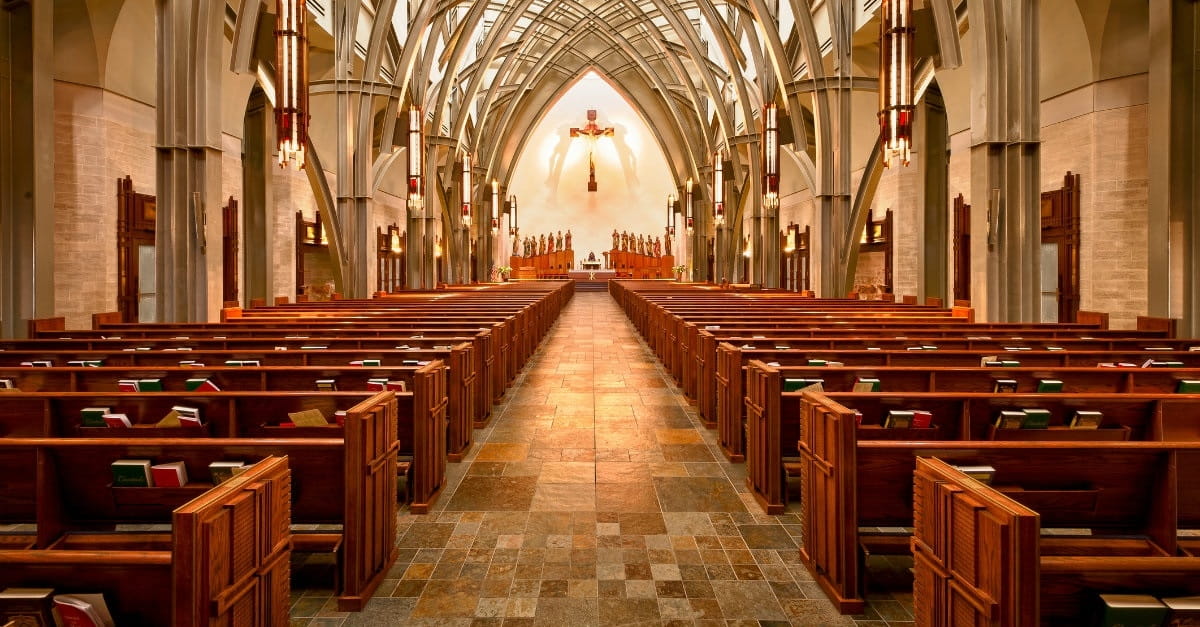There seems to be a sentiment in the air these days (been here for a long time actually) that what is Evangelical is what is Historical Christianity. In other words, Evangelical theology is equated with what true Christians have always believed and practiced. Although those who give off this sentiment, either subtly or blatantly, I suspect are often not merely Evangelical Christians but specifically Fundamentalists Evangelical Christians.
This is an important distinction to make, because although it can generally be said, “all fundamentalists are Evangelicals, certainly, not all Evangelicals are Fundamentalists.” Protestant Fundamentalism historically is 150 Years old, whereas the Evangelical tradition goes about 250 years to the first great awakening, which such great leaders as Jonathan Edwards, John and Charles Wesley, and George Whitfield.
The point being that fundamentalism and Evangelicalism isn’t necessarily the same thing. So let’s define our terms: What do Protestant fundamentalists believe and what makes someone an Evangelical? There are generally five tenets that fundamentalists call the fundamentals of the faith, hence where they get their name from. These are as follows:
- Inerrancy of Scripture
- Penal Substitution Atonement
- Virgin Birth
- Bodily Resurrection
- Miracles
While I’ve just listed five tenets that define a fundamentalist, there’s actually a lot more that fundamentalists believe and don’t believe. A general rejection of the modern historical method of studying the Bible for instance. They also tend to deny evolution and read the Bible as a completely historical and scientific book. And they tend to have such a high view of scripture that they have in the past made the Bible and God synonyms. For those who are interested in going into depth about what they believe check out the four volumes they produced called “The Fundamentals: a testimony to the truth.”
Evangelicalism according to British Scholar David Bebbington’s accepted definition has four pillars:
- Biblicism
- Crucicentrism
- Conversionism
- Activism
Biblicism means the Bible is somehow an authority, it does not necessarily mean acceptance of biblical inerrancy. It does mean that Scripture is supreme, commonly known as Sola Scriptura, that while tradition, reason, and experience have value and may be used in doctrine and the life of faith, scripture is ultimately the final voice. It does not, as commonly misunderstood, mean that we reject tradition, reason, and experience. Crucicentrism means that as a people evangelicals give centrality to the cross. Conversionism means that one must experience being born again, and have an intentional turning away from one’s former life to now living a life of following Christ. And lastly, Activism means being active in the sharing of one’s faith both through preaching and social action. Evangelicalism is actually a much wider tradition within Christianity than most people realize. It does not necessarily mean being a trump supporter or being a republican, although there is certainly room for that.
Now that we defined our terms lets move on. The fact that both of these movements are relatively new means that they cannot by definition be what Christians have always believed and practiced. While there may be themes or certain teachings that are older than the movements themselves, the traditions as a whole are certainly not what Christians have always looked like. This is why studying historical theology is important because it gives you a wider perspective on Christianity. It humbles you by making you realize what you believe and practice is oftentimes not what Christians have always believed and practiced. You may disagree with them, but you cannot deny this historical reality.
There was an article that I read back a few months ago that was written by a fundamentalist arguing that what her tradition believe was what constitutes historical Christianity.

I think it’s pretty presumptuous for a group of Christians whose existence is only 150 years old to create and use their own criteria to judge what is and what is not Orthodox/Historical Christianity.
To be unified as the whole church fundamentalists and all, we have a responsibility to use the criteria for Orthodox Christianity that was developed before there were fundamentalists, before Evangelicals, before Protestants, even before there were Catholics and Eastern Orthodox. Back when the church as a whole fleshed out what we believed. I believe there are 4 criteria or pillars that are measures of orthodoxy. These doctrines of Orthodoxy are tied to the church’s worship. And since the church worships God and our orthodoxy is tied to the church’s worship the rule of orthodoxy are doctrines of God. Anything that we don’t worship therefore falls outside of our measurements of Orthodoxy. They are as follows:
- The Trinity
- The Full Humanity and Divinity of Jesus Christ
- The Virgin Birth
- The Bodily Resurrection
There’s a lot more room in the Christian Faith than many Christians have allowed for. As much as Orthodoxy is important Orthopraxy is just as important. In fact, they are tied together, you cannot have one without the other. We can get so caught up in looking for heretics to burn that we actually deny our Orthopraxy; Loving our neighbor as yourself, doing unto others as we would have them do unto us, and our Orthodoxy. Love is only possible with a Trinitarian God. The call to love God and neighbor is tied to the doctrine and reality that God is Love because God is Trinity, an eternal community of mutual self-giving love.
Because the two cannot be separated those who reject the call to Love God And Neighbor have also rejected the doctrine and reality of the Trinity who is the very existence of that call. They have therefore rejected orthodoxy. And those who have loved God and their neighbor have accepted the Trinity.
Photo by Vlad Sargu on Unsplash

